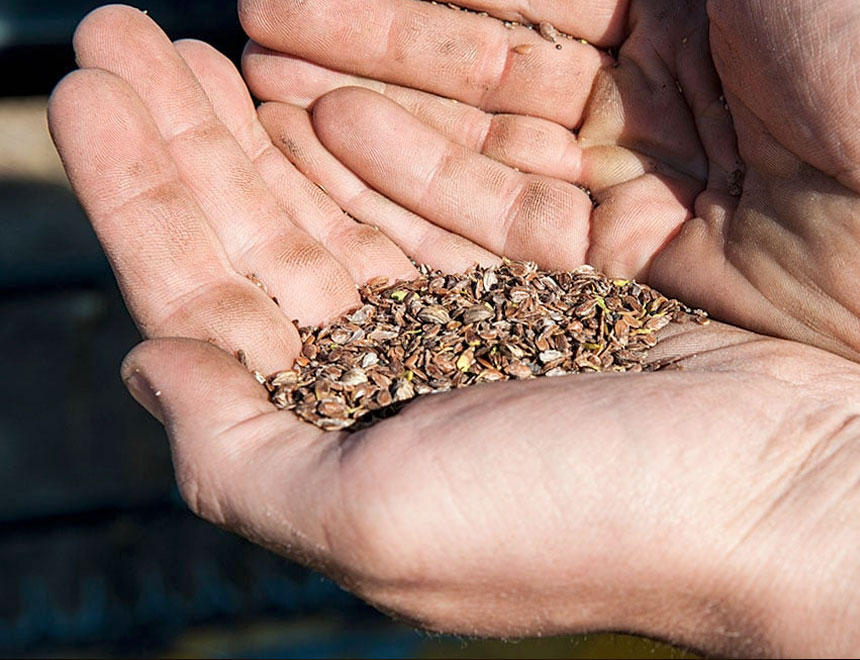Green tunnel vision

Quality labels and the danger of green tunnel vision. By: Machiel
Green-washing. In this column, I want to discuss the phenomenon of "making matters seem better than they are", especially when it comes to sustainability. Generally, the term greenwashing is used for this, but there is a special type of greenwashing: green-tunneling. Or at least, that's what I call this phenomenon. Below, I'll explain what this concept of "green-tunneling" means.
Over the past decades, quality labels were created for all sorts of products and services. Why? Because the consumer or user needs to be optimally informed, is the answer I often receive. But is that really what's happening? No really, because the nuanced assessments to determine whether something is adequate are made by the certifying authority. All the consumer sees is a ready-to-swallow end assessment. Any chance of taking responsibility, awareness or even thinking about things themselves is taken from the consumer, leaving them mindless followers. Pavlov-like, they react to generally visual and regularly insinuating labels or certification.
In addition to the above, one could say that a quality label should stimulate the producer to make sustainable choices, rather than the consumer or user. Unfortunately, this is not how it works either. First of all, this is due to the fact that the criteria that need to be met are exclusively determined and stipulated by the "omniscient" certifying authority. Here, too, a quality label merely numbs people instead of stimulating them to think and innovate. On top of that, once a product has been developed to meet a quality label, no further development of the product will take place in the near future. First, all the product development and certification costs will have to be earned back. This way, the most important element of sustainable production - the constant quest for the optimal - is crippled.
Right, so much for an introduction to this opinion piece on quality labels. This is just a lead-up to the point I would actually like to make.
Companies that, based on "old economical values," still only think in terms of profit maximisation, will respond to this by only concerning themselves with the few properties covered by the quality label during the product development process. These properties will be magnified and will become a framework that the "green character" of the product will be attached to. That is what we call green-tunneling: the phenomenon in which certain product properties are magnified to put the product in a positive, green light. Less sustainable properties are consciously or unconsciously (!) left out of the equation. Those are outside of the scope of the tunnel vision of the producers.
I would like to ask you to see if you can find examples of green-tunneling this week. To help you, I'll tell you my "favourite": BIO BASED. At a glance, this looks amazing: no more fossil fuels, but only materials derived from living nature. But watch out! This doesn't say anything about the final product. The green light may be highlighting the origin of the materials, but the footprint of the processing and synthesising of these materials is often kept in the shade. Consider, for instance, the (fossil?) energy and additives that may be used in the production process. This is not necessarily the case for every product, but the Bio-Based concept does stimulate green-tunneling.
Just think of what will happen if a quality label is created for Bio-Based...